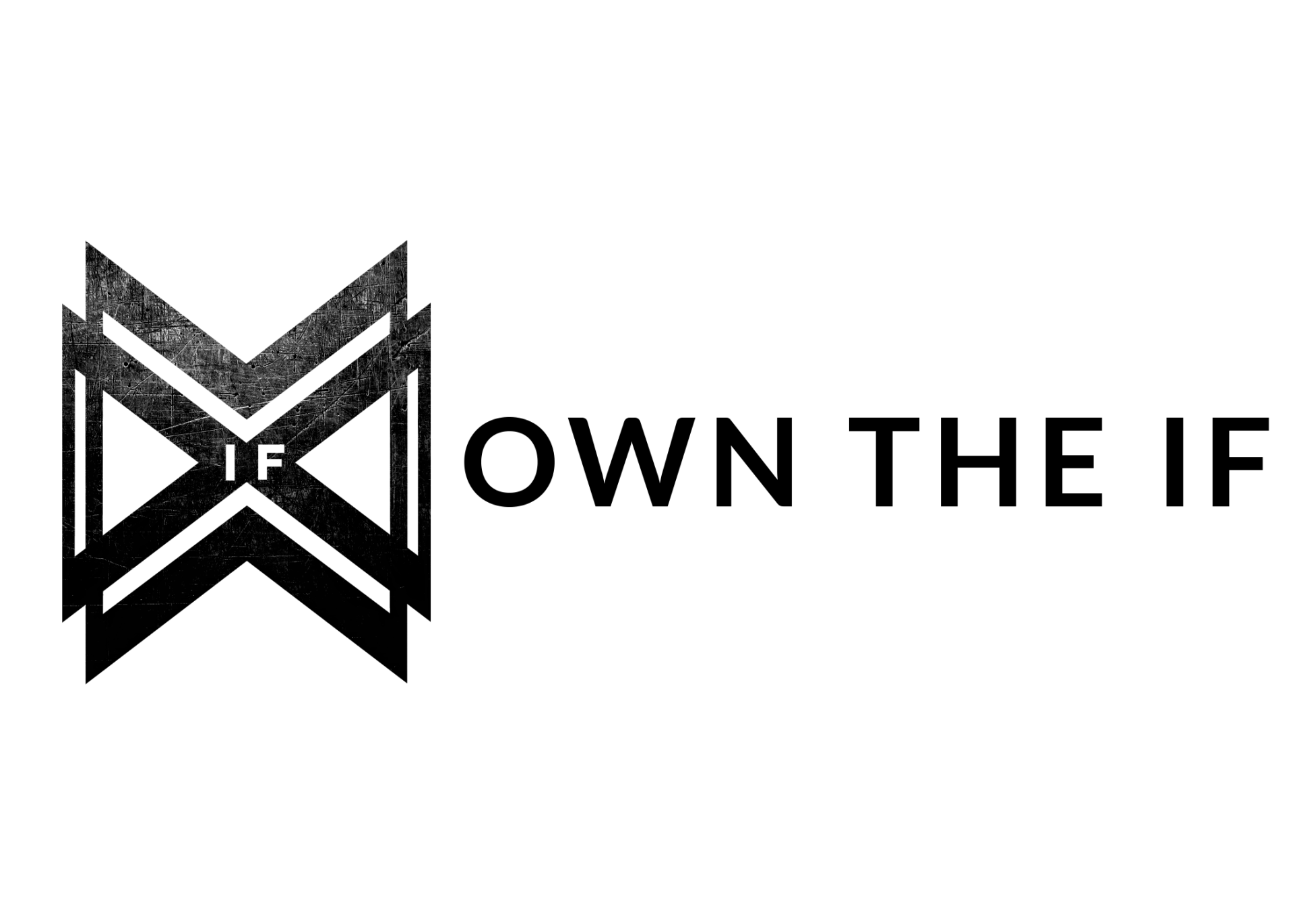Ever laid in bed replaying a conversation from three days ago, convinced you sounded ridiculous? Or hesitated so long on a decision that the opportunity passed you by? You’re not alone. Overthinking is like mental quicksand—the more you struggle, the deeper you sink. A little reflection is healthy, but too much? It drains your energy, hijacks your peace, and leaves you trapped in an exhausting cycle of doubt.
Why Overthinking Hurts More Than It Helps
Science backs up what we already know from experience: overthinking is exhausting and rarely productive. A study published in the Journal of Abnormal Psychology found that repetitive negative thinking is linked to increased stress, anxiety, and even depression. Researchers at the University of Michigan discovered that chronic over-thinkers suffer from decision fatigue, turning even simple choices into mental marathons.
Overthinking isn’t just in your head—well, it is, but you know what I mean. It has real physical consequences. It disrupts sleep, weakens the immune system, and increases cortisol levels, which can lead to fatigue and burnout. Ever had a night of tossing and turning because you couldn't shut your brain off? That’s overthinking doing its thing.
For years, I was convinced the answer to overthinking was more thinking. If I just analyzed the situation from every possible angle, surely I’d figure out the right answer. But my lightbulb moment was this: you can’t always change thinking with more thinking. The only way out is action. The goal isn’t to solve every thought but to stop the loop and move forward.
I've shared some of these strategies before, but today I want to bring them all together in one place. Hopefully, they can help you, too.
8 Simple Strategies to Stop Overthinking:
1. Morning Pages (Julia Cameron)
Think of this as a brain dump before your thoughts hijack your day. Julia Cameron’s Morning Pages practice involves writing three pages of stream-of-consciousness thoughts every morning—no filter, no judgment. It’s like clearing mental browser tabs before they slow everything down.
2. The 5-Second Rule (Mel Robbins)
Overthinking thrives in hesitation. Mel Robbins’ 5-Second Rule is a simple but effective way to stop the loop before it starts. When you feel yourself stalling, count backward—5, 4, 3, 2, 1—then move. Start the task, make the call, step out the door. Action disrupts the overthinking cycle before it spirals. I use this one all the time.
3. Meditation & Mindfulness
If your brain were a browser, mindfulness would be the “close all tabs” button. Research from Harvard Medical School shows that meditation helps reduce rumination, lower stress, and improve emotional regulation. We have all heard from NUMEROUS sources that even five minutes a day can create breathing room between you and your thoughts.
There are a bazillion meditation apps and youtube videos to choose from for guided meditation (I like Headspace) but we know meditation and mindfulness aren’t limited to sitting still and breathing deeply.
Walking meditation is a great option, I make a point to notice my breath, my steps, the sound of the wind—rather than letting my brain wander into a full-blown thought spiral. Mindfulness also applies to eating, drinking coffee, or even washing dishes. Slowing down and paying attention to the moment instead of mentally drafting an argument you’ll never actually have? Winning.
4. Stop the Thought Loop Spiral with 3 Questions
When overthinking kicks in, I ask myself:
- Is this thought true? (Or am I just assuming the worst?)
- Is it helpful? (Or am I just stressing myself out?)
- Can I do something about it right now? (If yes, do it. If not, let it go.)
These questions act like emergency brakes on runaway thoughts. The moment I realize I’m mentally spiraling, I pull myself back with these three. Along with the question I mentioned earlier.
5. The Spotlight Effect
That awkward moment you keep replaying? No one else remembers. The Spotlight Effect is a cognitive bias that makes us believe people are paying way more attention to us than they actually are. Most people are too busy worrying about themselves to scrutinize your every move.
It’s humbling when you realize that literally no one is lying in bed thinking about your embarrassing moment from three days ago. They’re too busy reliving their own.
6. Positive Assumption Theory
I used to assume the worst. If someone didn’t text back, I’d think I had said something wrong. If a friend was short with me, I’d wonder if they were mad. Then I flipped the script: What if I assumed the best instead?
Studies show that people who make positive assumptions about others' intentions experience less anxiety and better relationships. Now, instead of assuming someone is ignoring me, I assume they’re busy. Instead of assuming someone is annoyed, I assume they’re preoccupied. Nine times out of ten, the positive assumption is the right one. This shift has saved me so much unnecessary stress.
7. Cosmic Insignificance Theory (Oliver Burkeman)
When all else fails, I zoom out—way out. The Cosmic Insignificance Theory is a fancy way of saying: you are a tiny speck in a vast universe, and so are your worries.
Not to say some worries aren’t important, but that email you’re agonizing over? In 100 years, it probably won’t matter. That awkward conversation? The other person has already forgotten. The Earth is 4.5 billion years old, the universe is vastly larger than we can comprehend, and in the grand scheme of things, most of what we stress about is dust in the wind.
This isn’t meant to be depressing—it’s freeing. Your worries shrink when you realize that everyone, even the most put-together people, have overthought something ridiculous at some point. Instead of letting overthinking consume my energy, I remind myself that life is short. I’d rather spend my time living than obsessing over minor details that won’t matter in a week.
8. The "Do It Badly" Rule
Perfectionism fuels overthinking. If I tell myself I need to do something perfectly, I’ll stall forever. The fix? I give myself permission to do it badly. Messy first drafts, awkward first attempts, unfinished ideas—these are all better than being frozen in analysis paralysis. Start now, then fix or course correct later.
Bringing It Home
Overthinking is a habit, but like any habit, it can be replaced with a better one—especially with practice. For me, it comes down to stopping the loop before it spirals. Whether it’s using the 5-Second Rule to break free from hesitation, going for a walk to clear my head, or assuming the best instead of the worst, I focus on getting into action. I’m far from perfect at it, but I keep practicing, and over time, it gets easier.
Life moves forward when you do—and the less time you spend overthinking, the more energy you have for what truly matters. So, next time your mind starts spinning, pause. Breathe. Use one of these strategies, then take the next small step.
Freedom from overthinking isn’t about eliminating it entirely—it’s about recognizing it and taking action before it takes over.
You’ve got this.


